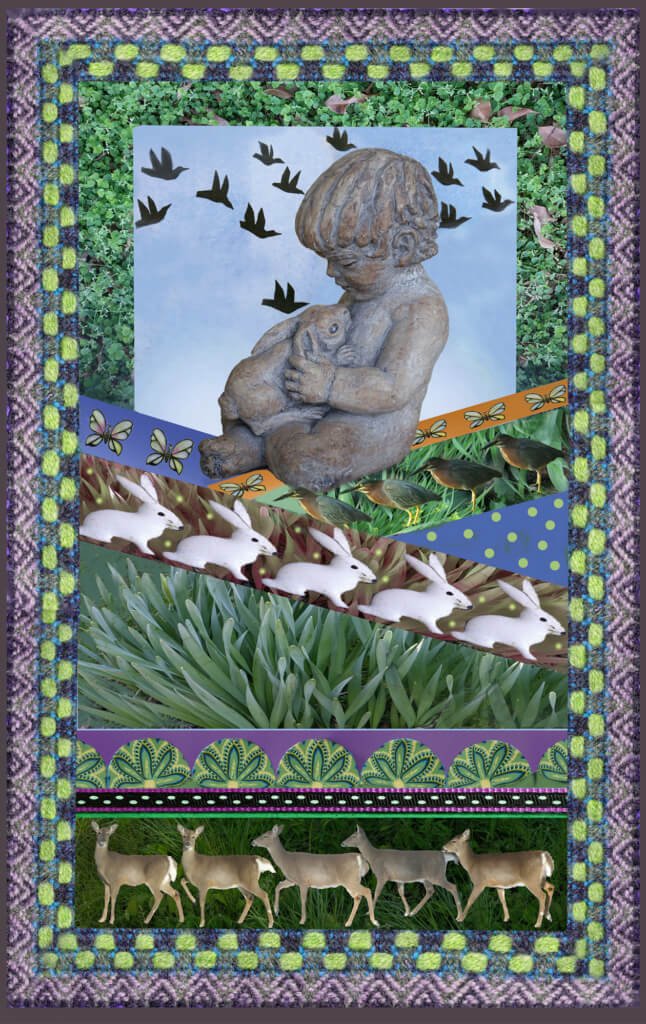 “I will remember you forever. In this way, because I got to live, you will too,” my daughter had written to her friend who died. She was going to carry Jake with her for the rest of her days. So before she died, she had already prescribed what should happen upon a loved one’s death. I had to live so that my daughter “will too.” And because she loved Jake, he is along for the ride. Every day I wish my father, my daughter, and Jake good morning and goodnight. And in between, I live and love my time like I’m living for us all.
“I will remember you forever. In this way, because I got to live, you will too,” my daughter had written to her friend who died. She was going to carry Jake with her for the rest of her days. So before she died, she had already prescribed what should happen upon a loved one’s death. I had to live so that my daughter “will too.” And because she loved Jake, he is along for the ride. Every day I wish my father, my daughter, and Jake good morning and goodnight. And in between, I live and love my time like I’m living for us all.
My daughter is dead but she is not lost. I’m carrying her with me. All the time.
The word ‘lost’ does not describe those we love who died. Language is inadequate for conveying things about death. There should be one beautiful, sad word that means ‘my loved one who died.’ My deceased beloved one, the one who died and gouged a huge hole in my heart. My mother who passed, my dead father, my angel child, my sister-in-heaven, my brother on-the-other-side. My dearly departed friend. The sweet spirit of my wife, the soul of my late husband, my forever-partner. My grandparents may-they-rest-in- peace. My beloved lost one (who’s not really lost).
We who love those-for-whom-there-is-no-one-single-word, keep their memories alive. We are their connection to the Earth now. The love is still here. The memory, their images, spirits, values, voices, …live on within us. They are never gone. NeverGone. Until I find another word, or sound, that’s what I will call my precious loved ones who died. NeverGones. My father is my NeverGone. My daughter is my NeverGone. And I will carry them until the day I am finally carried out of life myself.
Do you have any other ideas for similar terms of endearment? What phrases about death bother you?
 After life, as I knew it, got shot to the stars, grief charred me from the inside out. There were good days and bad days. I sometimes forgot my sadness. Briefly. Other times, for days, I’d be cranky and complain, “I can’t do this. I hate this. This is too hard.”
After life, as I knew it, got shot to the stars, grief charred me from the inside out. There were good days and bad days. I sometimes forgot my sadness. Briefly. Other times, for days, I’d be cranky and complain, “I can’t do this. I hate this. This is too hard.”